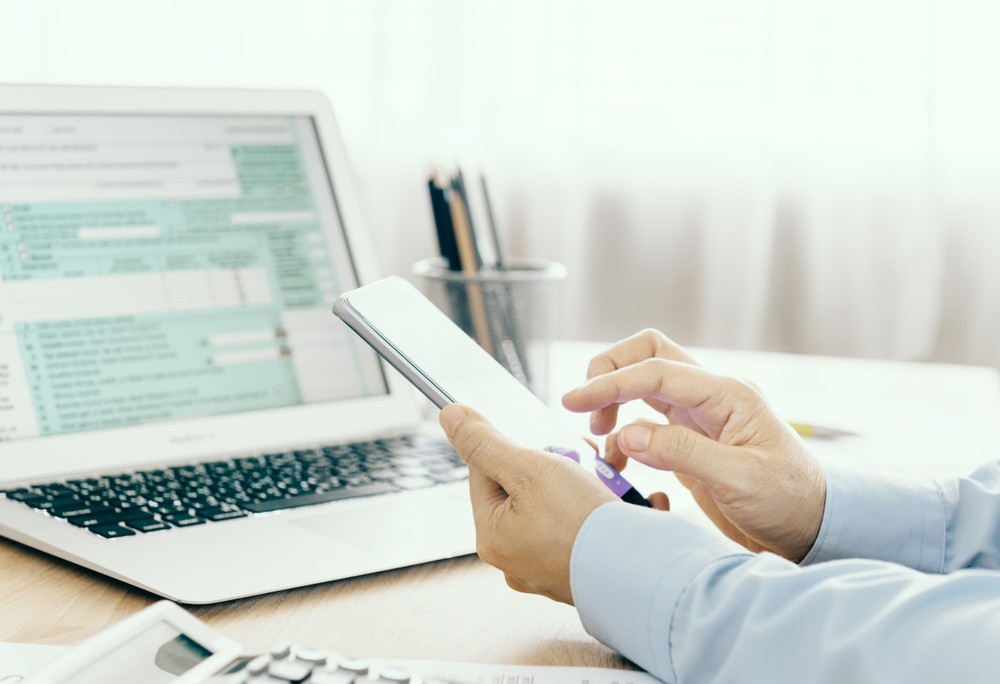Household Bills
A third of people will pay too much tax due to confusion around self-assessment expenses

Confusion around expenses will see one in three people who complete their own tax return overpaying or risking a hefty fine, Which? warns.
Business owners and self-employed people can reduce their tax bill by deducting certain expenses when they complete their self-assessment tax return.
However, a survey by the consumer group found just one in four people who submit a self-assessment form claim expense, meaning many could be missing out on crucial savings.
One in 10 people surveyed don’t bother claiming as they feel their expenses are negligible, while half believe they do not have expenses they can claim for.
However, when presented with a list of potential claims that could be expensed, more than three in 10 (31%) said they didn’t know they could be claimed in a tax return.
If you submit a tax return without including expenses that can be claimed for, you risk overpaying your tax bill.
Equally, if you try to claim for expenses that are not eligible for tax relief, you could end up with a fine from HMRC.
The penalty is based on the amount of tax owed, and the severity of the charge depends on whether HMRC believes the person submitting the return has just been careless, or if they have intentionally tried to claim for tax relief they are not entitled to.
Which? is reminding people to keep a record of all their receipts and expenses in case they are asked for proof, with one person telling the consumer group that HMRC requested seven years of all income and expenses, and another saying they were asked for a complete review, which took months to finish.
Jenny Ross, money editor at Which?, said: “Few people enjoy the annual ordeal of submitting a tax return, but getting to grips with the rules will help you to avoid paying too much, or being hit with a hefty fine.
“Get organised by keeping hold of all your receipts and reading up on what HMRC considers as reasonable expenses, and think about using an online calculator to simplify the process of submitting your tax return.”
Examples of expenses you can claim for:
– office costs, for example stationery or phone bills
– travel costs, for example fuel, parking, train or bus fares
– financial costs, for example insurance or bank charges
– costs of your business premises, for example heating, lighting, business rates
Click here for a more detailed list.
The deadline to submit self-assessment tax returns is 31 January.